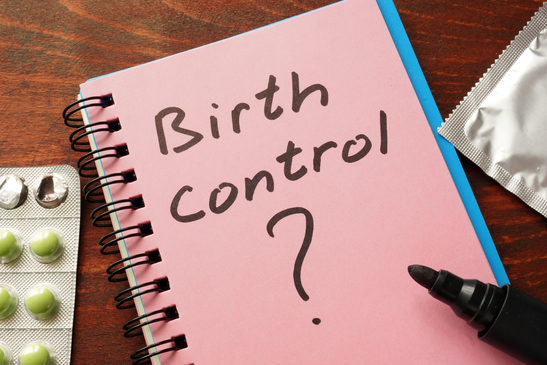
As many women who are hormonal birth control know, there are days when they feel blue. However, despite this claim being made for many years, little had been done to confirm if a link existed between depression and the use of hormonal birth control. But with results from a study conducted by the University of Copenhagen in Denmark, more and more researchers and healthcare providers are beginning to agree a link between these two factors does indeed exist.
Adolescents at High-Risk
Based on long-term research done on more than one million women in Denmark, researchers concluded that hormonal birth control heightened the risk of depression in many women, but in particular adolescents. While the Denmark researchers concluded that most women who start using birth control won’t develop depression, it was noted that first-time users should be closely monitored by their doctors for signs of mood changes within the first six months. Along with being monitored by their doctors, the study also recommended that women perform self-monitoring of their moods, and report any significant changes to their doctor.
Different Birth Control, Different Depression Risks
Along with adolescents being deemed high-risk candidates for depression, the University of Copenhagen study also found that different birth control methods led to varying risks of depression. For example, women who used hormonal devices were found to have a higher risk of depression than those using pills. Those who used the patch were twice as likely to develop depression, while those using the vaginal ring were 1.6 times likely to develop depression. In addition, women using birth-control devices were also 1.2 times more likely to be prescribed antidepressants for their depression, with the majority of those being in the 15-19 age range.
Other Explanations
While this landmark study does appear to have found a link between hormonal birth control and depression, researchers have also looked at the possibility that other explanations might also be part of the equation. One of the most discussed explanations involves the use of progestin, which is the synthetic version of progesterone used in many of the most popular contraceptives. According to many of the study’s researchers, this combined with the fact that most users are experiencing perhaps their first serious relationship could put them more at risk for developing depression. Along with this, some researchers theorized that because many users were adolescents in developmental stages of physical and emotional growth, hormones played a larger role in the onset of depression.
The Safety of Hormonal Birth Control
With findings such as these, it’s only natural for many women to wonder if it is safe to use hormonal birth control. However, while some of the findings in this study may at first seem alarming, the numbers show that the overall rate of developing depression was actually quite low. Nevertheless, the findings do indicate the importance of doctors having discussions with their patients about the possible risks associated with these contraceptives, such as potential side effects and mood changes. Along with discussing the side effects, doctors have also been advised to schedule more frequent follow-up appointments for first-time contraceptive users, making sure their physical and emotional well-being is observed for any problems that may arise.
As the results of this study indicate, health care is simply not a one-size-fits-all for each patient. Instead, it involves a comprehensive treatment plan developed by healthcare providers and their patients together, with each taking a very proactive role. With more studies currently underway on this important topic, it’s clear doctors and patients will have additional knowledge that will help them discuss and solve any problems they encounter.
Learn more about Drug Safety News.
